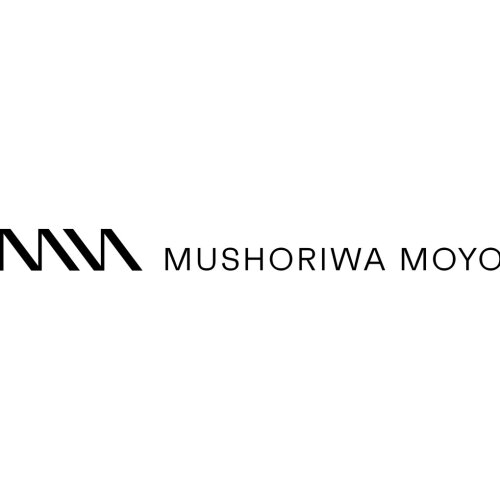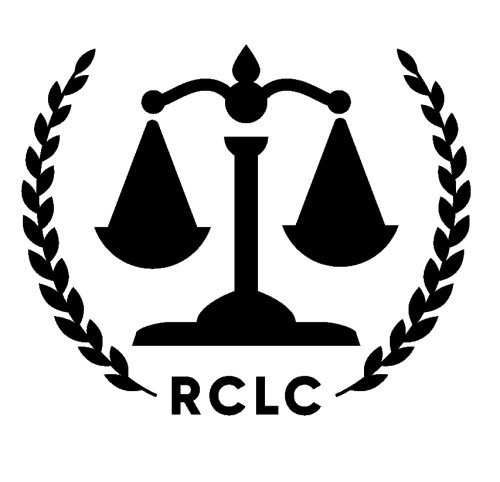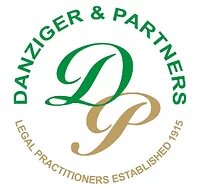Best Employment & Labor Lawyers in Zimbabwe
Share your needs with us, get contacted by law firms.
Free. Takes 2 min.
Or refine your search by selecting a city:
List of the best lawyers in Zimbabwe
About Employment & Labor Law in Zimbabwe
Employment and labor law in Zimbabwe is primarily governed by the Labour Act [Chapter 28:01] which sets out the rights and obligations of both employers and employees. The Act aims to promote fair labor practices, protect workers’ rights, and facilitate economic development by ensuring harmonious industrial relations. Regulations encompass areas like employment contracts, collective bargaining, workplace safety, dispute resolution, and minimum wage standards. Specialized labor courts are established to hear and determine disputes arising from employment matters.
Why You May Need a Lawyer
There are several scenarios where individuals or organizations in Zimbabwe might require legal assistance in employment matters. These include:
- Unfair Dismissal: Navigating legal processes if you believe you've been terminated without just cause.
- Contract Disputes: Issues arising from breach of contract or unclear employment terms.
- Discrimination in the Workplace: Addressing cases of alleged discrimination based on gender, race, disability, or other protected characteristics.
- Workplace Safety: Ensuring compliance with health and safety regulations or seeking redress for workplace injuries.
- Collective Bargaining: Legal guidance during negotiations or issues related to trade union activities.
- Salary and Wage Disputes: Resolving disputes about unpaid wages or incorrect payments.
Legal expertise can provide advice or representation to protect your interests and rights effectively.
Local Laws Overview
Key aspects of Zimbabwe’s employment and labor laws include:
- Labour Act: The cornerstone of labor laws providing guidelines on employment contracts, dispute resolution, and workers' rights.
- Minimum Wages: Legally mandated minimum wages are set periodically for various sectors, ensuring a livable wage for workers.
- Dispute Resolution: Disputes can be resolved through labor officers, arbitration, or the Labour Court, providing multiple avenues for resolution.
- Employment Contracts: Contracts must clearly outline terms of employment, reinforcing obligations and rights from both parties.
- Trade Unions: Employees have the right to form and join trade unions which are essential for collective bargaining in industrial disputes.
- Employees’ Rights: The law outlines specific entitlements such as maternity leave, vacation leave, and protection against unfair dismissal.
Frequently Asked Questions
What is the legal working age in Zimbabwe?
The legal working age in Zimbabwe is 16 years, though specific conditions and protections apply to young workers under the age of 18.
How is the minimum wage determined in Zimbabwe?
The minimum wage is periodically reviewed by the government in consultation with representatives of employers and employees, ensuring it aligns with economic conditions and living costs.
What steps should be taken if I am unfairly dismissed?
If you believe you've been unfairly dismissed, you should file a complaint with a labor officer who will conciliate the dispute. If unresolved, it can be referred to arbitration or the Labour Court for resolution.
What are the rights of workers related to maternity leave?
Female employees are entitled to maternity leave with full pay for at least 98 days as per statutory provisions, which must be requested and documented appropriately.
Can an employer change the terms of my contract unilaterally?
Employers cannot unilaterally change the terms of an employment contract. Revisions require agreement by both the employee and the employer.
What are my rights regarding overtime work?
Employees are entitled to overtime pay for work beyond the standard working hours. Rates are typically negotiated in employment contracts or determined by industry norms.
Are there laws protecting against workplace discrimination?
Yes, the Labour Act prohibits discriminatory practices in employment on various grounds including race, gender, and disability, and provides recourse for affected individuals.
How are workplace disputes typically resolved?
Disputes are usually handled through conciliation by labor officers, followed by arbitration or referral to the Labour Court if unresolved at the conciliation stage.
Is joining a trade union mandatory?
No, joining a trade union is not mandatory but employees have the right to do so. Trade unions play a crucial role in collective bargaining and protecting workers' rights.
What workplaces health and safety regulations must be followed?
The Labour Act, along with specific health and safety regulations, provides comprehensive guidelines to ensure safe working conditions, including risk assessments and employee training requirements.
Additional Resources
Several resources can assist with employment and labor-related legal matters in Zimbabwe:
- Ministry of Labour and Social Welfare: Provides official guidance and services regarding employment regulations and rights.
- Labour Court Zimbabwe: Specializes in resolving disputes arising in employment relations under the Labour Act.
- Workers’ Unions: Offer support and guidance for employees, such as the Zimbabwe Congress of Trade Unions (ZCTU).
- Legal Aid Clinics: Some universities and NGOs provide free legal advice and representation for employment issues.
Next Steps
If you need legal assistance in employment and labor matters, consider the following steps:
- Document Everything: Keep records of all relevant documents, correspondence, and details regarding your issue.
- Consult Local Resources: Reach out to labor organizations or advice centers for initial guidance.
- Seek Legal Advice: Contact a lawyer specializing in employment law for consultation and representation if needed.
- Stay Informed: Continuously educate yourself about your rights and any updates in employment laws.
Taking these steps will ensure you are prepared and well-informed as you navigate employment and labor law issues in Zimbabwe.
Lawzana helps you find the best lawyers and law firms in Zimbabwe through a curated and pre-screened list of qualified legal professionals. Our platform offers rankings and detailed profiles of attorneys and law firms, allowing you to compare based on practice areas, including Employment & Labor, experience, and client feedback.
Each profile includes a description of the firm's areas of practice, client reviews, team members and partners, year of establishment, spoken languages, office locations, contact information, social media presence, and any published articles or resources. Most firms on our platform speak English and are experienced in both local and international legal matters.
Get a quote from top-rated law firms in Zimbabwe — quickly, securely, and without unnecessary hassle.
Disclaimer:
The information provided on this page is for general informational purposes only and does not constitute legal advice. While we strive to ensure the accuracy and relevance of the content, legal information may change over time, and interpretations of the law can vary. You should always consult with a qualified legal professional for advice specific to your situation.
We disclaim all liability for actions taken or not taken based on the content of this page. If you believe any information is incorrect or outdated, please contact us, and we will review and update it where appropriate.
Browse employment & labor law firms by service in Zimbabwe
Zimbabwe Attorneys in related practice areas.
Browse employment & labor law firms by city in Zimbabwe
Refine your search by selecting a city.
















